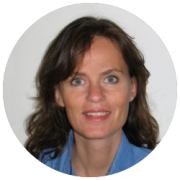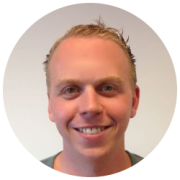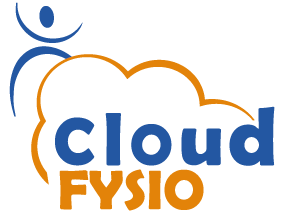Neurological rehabilitation, for whom?
Neurological rehabilitation is for individuals with neurological injuries, which can involve damage to the brain, spinal cord, or nerves. Non-traumatic brain injury is categorized into two main groups:
- Injury resulting from a stroke (this is a cerebral infarction), an accident causing brain injury or damage to the spinal cord, or following surgery (e.g., for a brain tumor). In these cases, the focus of treatment is on regaining functions.
- Chronic conditions such as Parkinson’s disease, Multiple Sclerosis (MS), or Dementia. In these cases, the condition may worsen gradually, and the emphasis of treatment is more on preserving functions.
What is Neurorehabilitation?
Neurorehabilitation aims to reduce the consequences of your illness or disability and improve your functioning in daily life. Your own goals and preferences are central to this process. Within our practice, we have extensive experience, expertise, and the necessary resources to support you optimally during this rehabilitation period.
Upon referral from your general practitioner, neurologist, or rehabilitation physician, you will undergo a comprehensive intake process. This includes an interview and questionnaires to clarify the specific issues. Finally, a physical examination (musculoskeletal system) is conducted to precisely determine the possibilities for neurorehabilitation in your case.
Afterwards, a treatment plan is developed in collaboration with you, incorporating your own preferences and goals. This may include specific objectives related to work or hobbies.
The rehabilitation takes place in a large exercise room/fitness area equipped with a wide range of cardio and strength training equipment. If necessary, treatment can also be provided in a therapy room, and we also offer home visits for treatment.
The training focuses on:
- Improving fitness: Many people with neurological conditions experience significant fatigue.
- Enhancing strength, stability, and coordination: Reduced coordination along with decreased strength increases the risk of falling.
- Improving flexibility and speed: Stiffness and slowness are common issues.
At regular intervals during the rehabilitation process, the treatment is evaluated, and new treatment goals are established.
Painful shoulder after stroke
After a stroke (cerebral vascular accident or CVA), sometimes a painful shoulder or arm can develop on the paralyzed/spastic side. This can cause persistent pain during movement and may restrict daily activities.
Our neurological physiotherapists specialize in this condition and can work with you to achieve a pain-free shoulder.
Neurology Network Almere
In 2016, the Neurology Network Almere was established. This is a physiotherapy network with regular meetings, comprised of specially trained physiotherapists from the Neurology Department of Flevoziekenhuis, physiotherapists from Merem Rehabilitation Center and Polderburen, as well as physiotherapists working in primary care physiotherapy practices.
Stefanie de Wever and Thomas Roskam are the specialized neuro-physiotherapists within Fysiotherapie Medi-Mere. Fysiotherapie Medi-Mere is part of this specialized network.

Stefanie de Wever

Thomas Roskam






